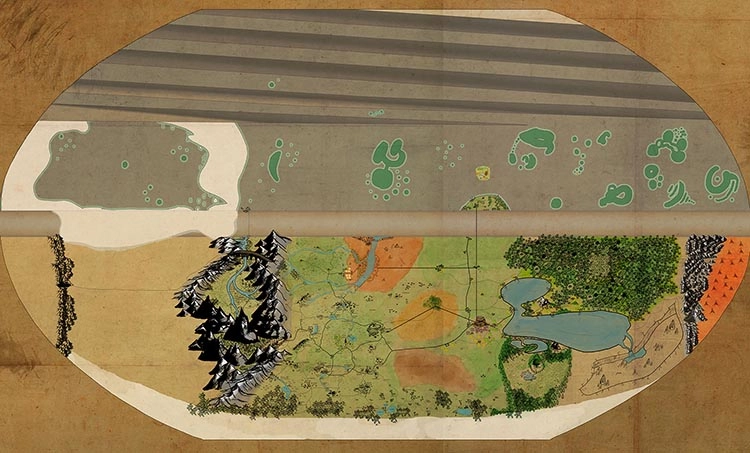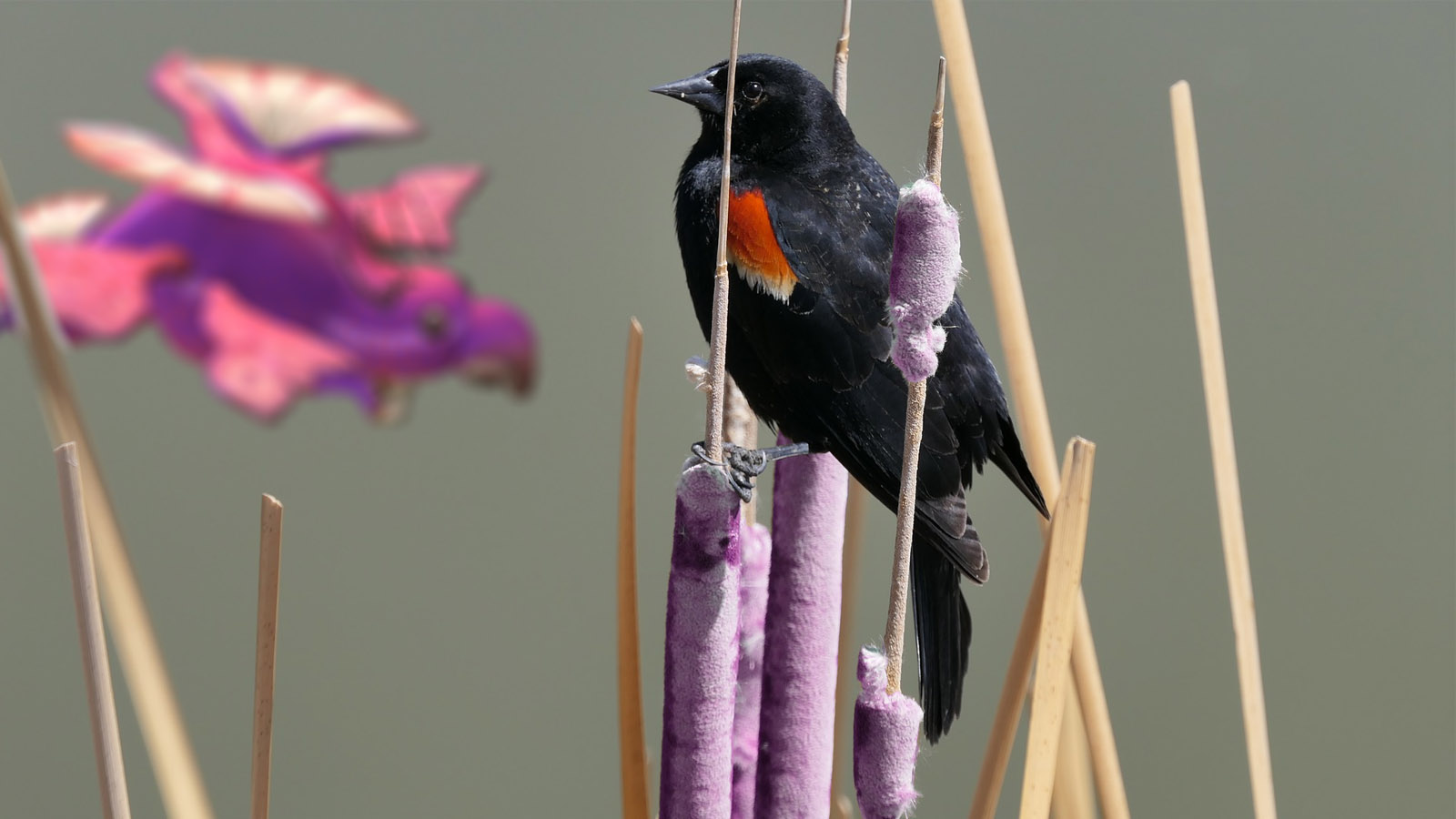The murasaki moths of Yamato inhabit the entire Yamato Mountain Range, and the dust they release from their wings spreads a unique smell that Yamato folk associate with spring time. They can grow as large as a mid-sized dog and feed on the shishisô, also known as 'four-fingered grass' and 'silk grass', a furry kind of grass that grows almost everywhere on the Yamato Mountain Range. During spring time, they also eat the many different flowers that grow around the mountain range, and depending on their diet during that time, the smell of their moth dust will change.This amazing, cattail-like plant grows all over Yamato, though it is rarer in the fertile Yamato Valley, instead preferring higher altitudes along the vast mountain range. It usually sprouts four stems per bushel, each developing one dense pod of purple fur throughout late spring, summer, and early autumn. The fur contains tiny seeds, which are spread when moths eat them or brush against them, unraveling the pods and allowing for some of the fur to be carried away by the wind. Each bushel also grows out long, green leaves around the stems, which are a coveted source of food for bayô and mountain goats.

Genus Typha Austrum Yamatonis
First Historical Mention
"An Account of Useful Local Herbs and Plants" by Xu Wei, Surveyor of the Shen Tribe, 523 FA












